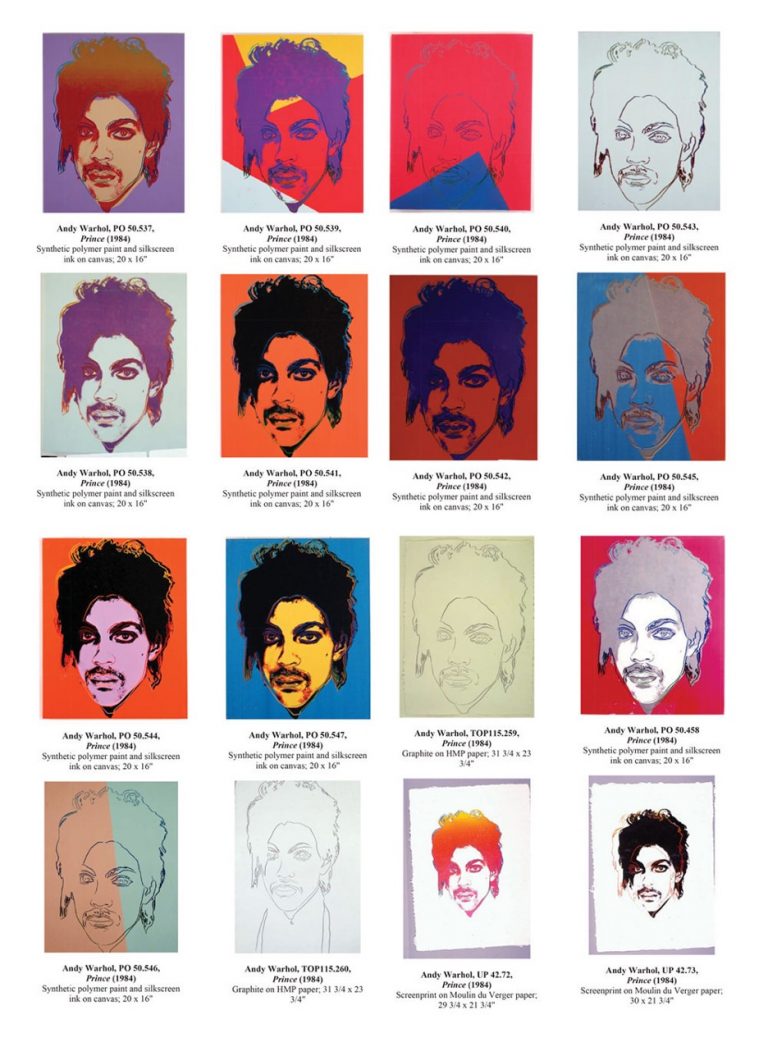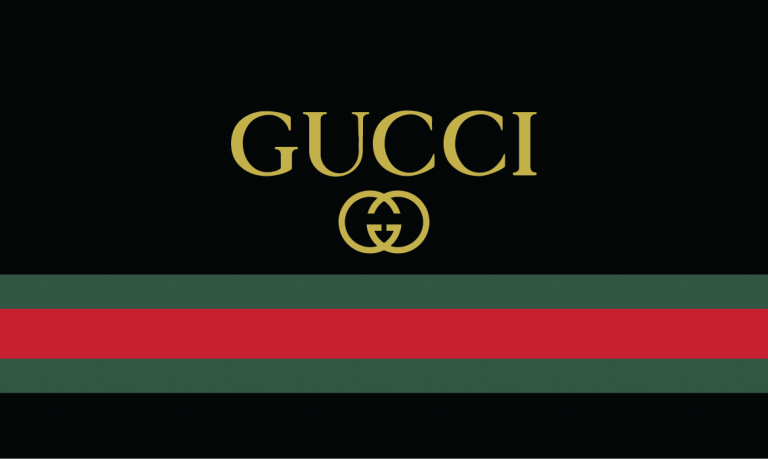Avatar & James Cameron’s Tussle With Intellectual Property
One of the highest-grossing of all time, an Oscar-winning movie with beautiful visuals, Avatar is praised by everyone. But the movie and its universe has also undergone many lawsuits after its release ranging from IP theft, Copyright infringement to plagiarism from artists to movie makers. James Cameron, the producer of the movie Avatar has faced multiple IP suits and has won them all. But why such IP-related issues were faced by the movie?
First claim on the movie was filed by author Zhou Shaomou, who asserted that ‘The Legend of the Blue Crow’ his book, and Cameron’s opus contained 80% of the same material. Zhou filed a lawsuit in a Chinese court seeking 8% of the movie’s earnings consequently by the year 2010, Chinese court dismissed the case as in the grounds of insufficient evidence provided by the author. The second law suit was filed by Emil Malak, who stated that the movie is remarkably similar to his 1998 copyrighted screenplay “Terra Incognita”. Kelly Van filed a complaint against James Cameron, Fox, and the “Avatar” film’s producers, saying that they plagiarized portions of her 2003 book “Sheila the Warrior: The Damned”. While facing the lawsuit with Eric Ryder claimed his story “K.R.Z. 2068” was plagerised by the blockbuster movie, Director James Cameron in the court openly stated that it appears that every time a popular film is made, some people try to “get rich quick” by alleging their thoughts were used. Such assertions have been made in relation to Avatar on numerous occasions and such claims have constantly been rejected by the courts. Avatar, as Cameron said before, that it is his most personal film, incorporating themes and ideas that he had been studying for years. He is grateful that the Court disregarded Mr. Ryder’s fictitious claim that he borrowed any of his concepts in his movie. The filmmaker was awarded a summary judgment in a lawsuit brought by Gerald Morawski, who also claimed that Cameron had plagiarized his storyline for the film. Sci-fi writer, Bryant Moore also filed a suit alleging that the movie was made using his writings and paintings which were submitted to Lightstorm Entertainment (Founded by James Cameron and Lawrence Kasanoff). Elijah Schkeiban, a screenwriter, sued Cameron and 20th Century Fox (production house) for copyright infringement on the grounds that Avatar copied his book and subsequent screenplay for the movie “Bats and Butterflies”. But none the less, after all the tussle, all of these suits were successfully won by James Cameron and 20th Century Fox.
Other than this, Cameron also faced a suit after four years of the movie by William Rager Dean on the grounds of copyright infringement which made headlines as it was a $50 million suit filed against Cameron. William originally claimed that a number of the movie’s aspects appeared to have been taken directly from his books Dragon’s Dream, Magnetic Storm, and Views. The design of the floating islands, the species native to Pandora, and the extraterrestrial planet of the same name are only a few examples of borrowed features. James Cameron won the $50 million lawsuit after the judge determined that there were no significant similarities between the two works. Finally, the court determined that even while Avatar and Dean’s works shared some protectable similarities, those similarities were outweighed by the distinctions. In contrast to the thick, rough, rugged, and covered in trees and moss arches in Avatar, the plaintiff’s arches are rather smooth and located in barren environments, even if the works do share a likeness of stone arches. The judge reached the conclusion that Avatar did not violate Dean’s paintings because no unbiased layperson viewing the works could get that conclusion. The court also stated that infringing is not the same as being inspired. The creators of Avatar might have drawn inspiration from Dean’s work, but that does not mean they plagiarized it or any copyright-protected portions of it.
In all of these lawsuits, elements that judges looked into were finding the dissimilarities closely, even though the ideas or pictures looked similar and also lack of evidence provided by the plaintiff who raised such a claim of theft, plagiarism and counterfeiting made Cameron win all of these lawsuits.
Now after all the suit settlement when Avatar: The Way of Water is released, a new age topic regarding the IP of the movie is emerging as who holds the IP rights and the production rights of the movie Avatar, James Cameron or the production Lightstorm Entertainment. In this context, “production rights” refers to who has creative control. The legal entity has the authority to choose when, how, and in what quantity a work of fiction, characters, merchandise, advertisements, artwork, etc., is to be produced or utilized by a third party, including the right to profit from the use of such IP. It is for the Lightstorm Entertainment who must give those rights to a company for example Disney in the instance of Avatar.
References:
- https://www.hollywoodreporter.com/business/business-news/james-cameron-wins-avatar-idea-642448/
- https://gizmodo.com/a-history-of-plagiarism-claims-against-james-cameron-690974718
- https://www.theguardian.com/film/2012/sep/18/james-cameron-avatar-copright-case
- https://www.thehindu.com/entertainment/James-Cameron-wins-%E2%80%98Avatar%E2%80%99-lawsuit-by-an-artist/article60487654.ece
- https://www.loeb.com/en/insights/publications/2014/09/dean-v-cameron
- https://www.findlaw.com/legalblogs/celebrity-justice/copyright-infringement-lawsuit-filed-against-james-cameron-film-avatar/
- https://deadline.com/2013/06/james-cameron-20th-century-fox-avatar-new-copyright-lawsuit-532568/
- https://www.prowsechowne.com/blog/editorial-edition-three-famous-movies-that-led-to-famous-lawsuits
- https://alitaarmy.org/2021/03/24/who-actually-owns-the-ip-rights-to-avatar-alita-battle-angel/




